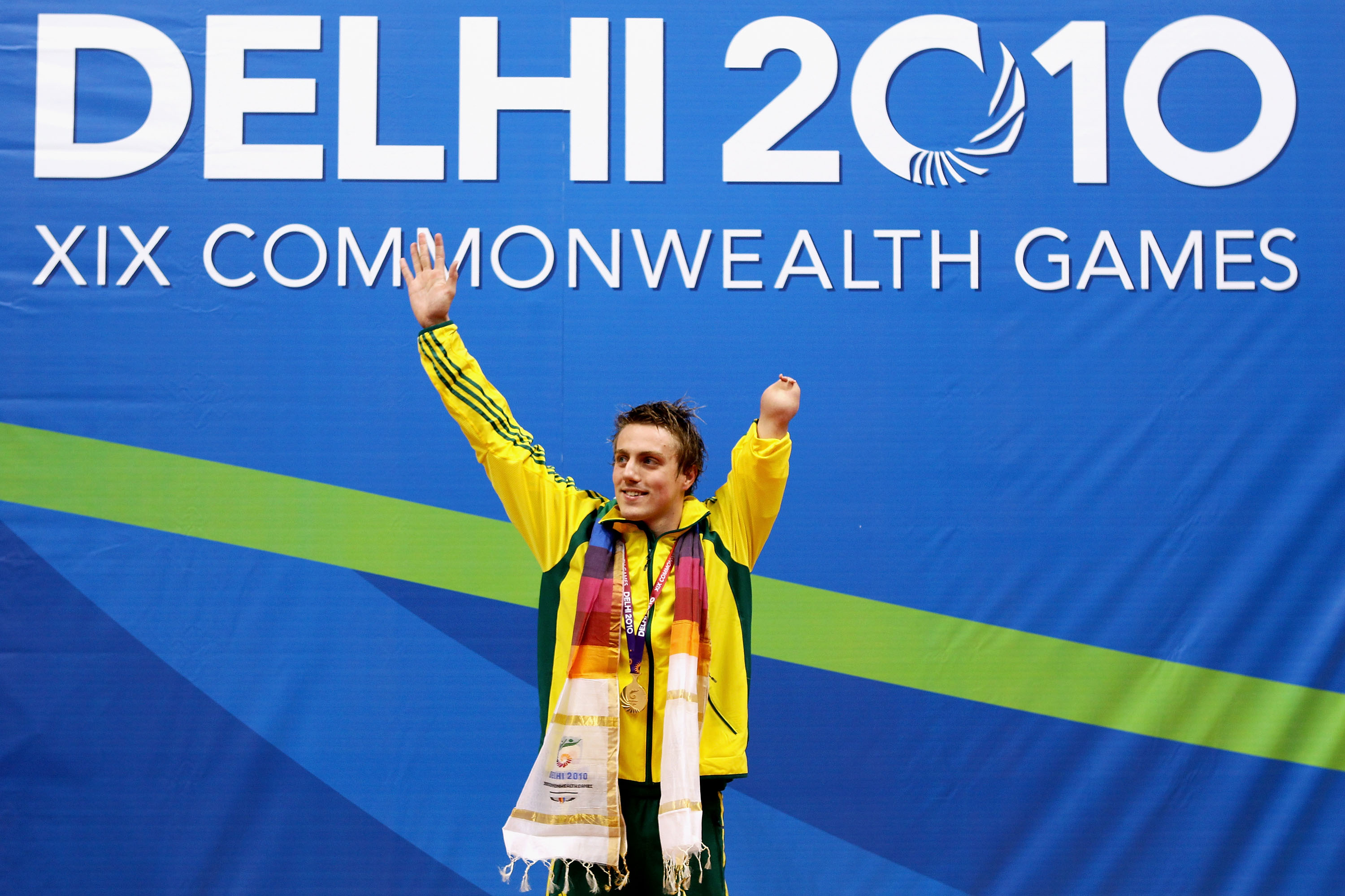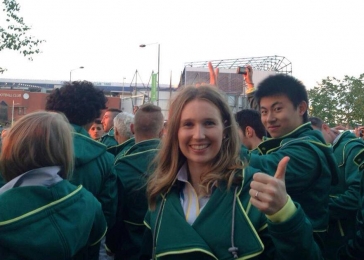
IMAGE| MATT COWDREY DEHLI 2010
After the announcement last week of Commonwealth Games Australia and Australian Paralympic Committee partnership, we reflect on the history of Paralympic sport in the Commonwealth Games and note Australia’s key role.
By David Tarbottan
The connection and eventual partnership between Para sports and the Commonwealth Games occurred in three stages over 40 years.
Not commonly known, but between 1962 and 1974, four British Commonwealth Paraplegic Games (BCPG) were held immediately before or after the British Empire Commonwealth Games, three times in the same city of the Games and once nearby.
The Games were the initiative of an Australian George Bedbrook who was director of the Spinal Unit of Royal Perth Hospital. Two years after the first Royal Perth Hospital Games in 1954, Bedbrook was encouraged to organise para sport in Australia and by 1959, the Paraplegic Association of WA began to promote the 1962 Paraplegic Empire Games.
The 1962 British Commonwealth Paraplegic Games were held over eight days, nine nations and 93 athletes competed, with Australia topping the medal table with 38 gold and 90 medals total.
Sports included on the program were archery, Dartchery (a combination of darts and archery), athletics, swimming, weightlifting, pentathlon, fencing, snooker, basketball and table tennis.
The second British Commonwealth Paraplegic Games were held in Kingston Jamaica and commenced two days after the British Empire Commonwealth Games finished. In 1970 they were also held directly after the British Commonwealth Games and competitors numbers (193) and nations (14) had nearly doubled.
In 1974, they revered to just prior to the British Commonwealth Games and rather then being held in the same city, Christchurch, they were held in the neighbouring city of Dunedin.
The next movement started in the ‘80s with encouragement of events for para athletes into the major multi-sport Games. In 1994, at the Victoria Commonwealth Games, the first para events on the Commonwealth Games program were held, but only as exhibition events. They included two events in three sports, athletics, swimming and lawn bowls.
After missing the 1998 Games, para events returned to the Games with full medal status in Manchester 2002, it was a ground breaking achievement for the Commonwealth Games as it was the first occasion para sports and events were fully integrated into a major multi-event Games.
The Manchester Games included 10 events across five sports: athletics, swimming, lawn bowls, table tennis and weightlifting (powerlifting). In 2006 in Melbourne and 2010 in Delhi, the same five sports were represented in para events.
In Glasgow 2014, the number of para sports remained at five, with cycling replacing table tennis but with an increase to 22 events.
Gold Coast 2018 makes a giant step forward with 38 medal events across seven sports, those being: athletics, swimming, lawn bowls, powerlifting, track cycling, table tennis and making its debut, paratriathlon.
There have been many successful Australian athletes in para events at the Commonwealth Games, they include:
Swimming: Two swimmers have been outstanding over the Games since 2002, Ben Austin with three gold from three Games 2002 to 2010 and Matthew Cowdrey with three gold and a silver, also at three Games 2006 to 2014.
Athletics: Kurt Fearnley won gold and silver in the 1500m events at the last two Games and is now the most successful track and field athlete. Six other athletes have won gold, including Angie Ballard in Glasgow.
Table Tennis: Catherine Morrow won a silver medal in 2010 competing at her second Games.
Powerlifting: Richard Nicholson took home silver at Manchester 2002 and continued on to compete at 2006 and 2014 Commonwealth Games in athletics.
Cycling: Tandem cyclist Kieran Modra and his pilot Jason Niblett won two silver medals in Glasgow when cycling made it’s debut.
Lawn Bowls: On both occasions, the sport held para events at the Commonwealth Games, Australia won a bronze. Medal winners in 2002 were James Reynolds, Neville Read and Phillip Kearins; and in 2014 Bruce Jones, Joy Forster, Peter and Tony Scott.
LISTEN: Commonwealth Games Australia CEO, Craig Phillips chats to Vision Australia’s radio host Peter Greco about CGA & APC partnership


